Comment parler d’intimité en couple après 60 ans ? Guide pratique pour une communication épanouie
20 Dec 2025Oser parler de sexe après 60 ans est un immense défi pour beaucoup. On vous explique pourquoi — et surtout, comment y remédier.

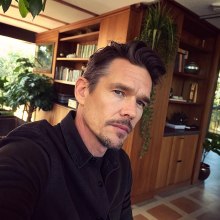
Je suis Thierry Philip, naturopathe passionné installé à Lausanne.
Je vous accompagne dans votre démarche de santé naturelle en vous proposant des approches accessibles et personnalisées. Mon objectif est de vous aider à retrouver l'équilibre et à maintenir votre santé de manière durable.
Je ne suis pas médecin, et je le répéterai autant que nécessaire : mes conseils ne remplacent pas un diagnostic médical. Je veux vous apprendre à écouter votre corps, pas à nier la science médicale classique.
En savoir plus sur moiUn bilan complet de votre état de santé et de vos habitudes de vie pour établir un programme personnalisé.
En savoir plusDes conseils alimentaires adaptés à vos besoins spécifiques pour retrouver vitalité et équilibre.
En savoir plusDes techniques naturelles pour réduire le stress et retrouver sérénité et bien-être au quotidien.
En savoir plusL'utilisation des plantes médicinales pour soutenir votre organisme et stimuler ses capacités d'auto-guérison.
En savoir plusUn accompagnement sur mesure pour vous aider à maintenir vos habitudes sportives.
En savoir plusDes sessions de groupe pour apprendre et partager autour de thématiques liées à la santé naturelle.
En savoir plusUne vision holistique de la santé
Je considère chaque personne dans sa globalité, en tenant compte de tous les aspects de sa vie : physique, émotionnel, mental et environnemental.
Ma démarche s'appuie sur des principes fondamentaux :
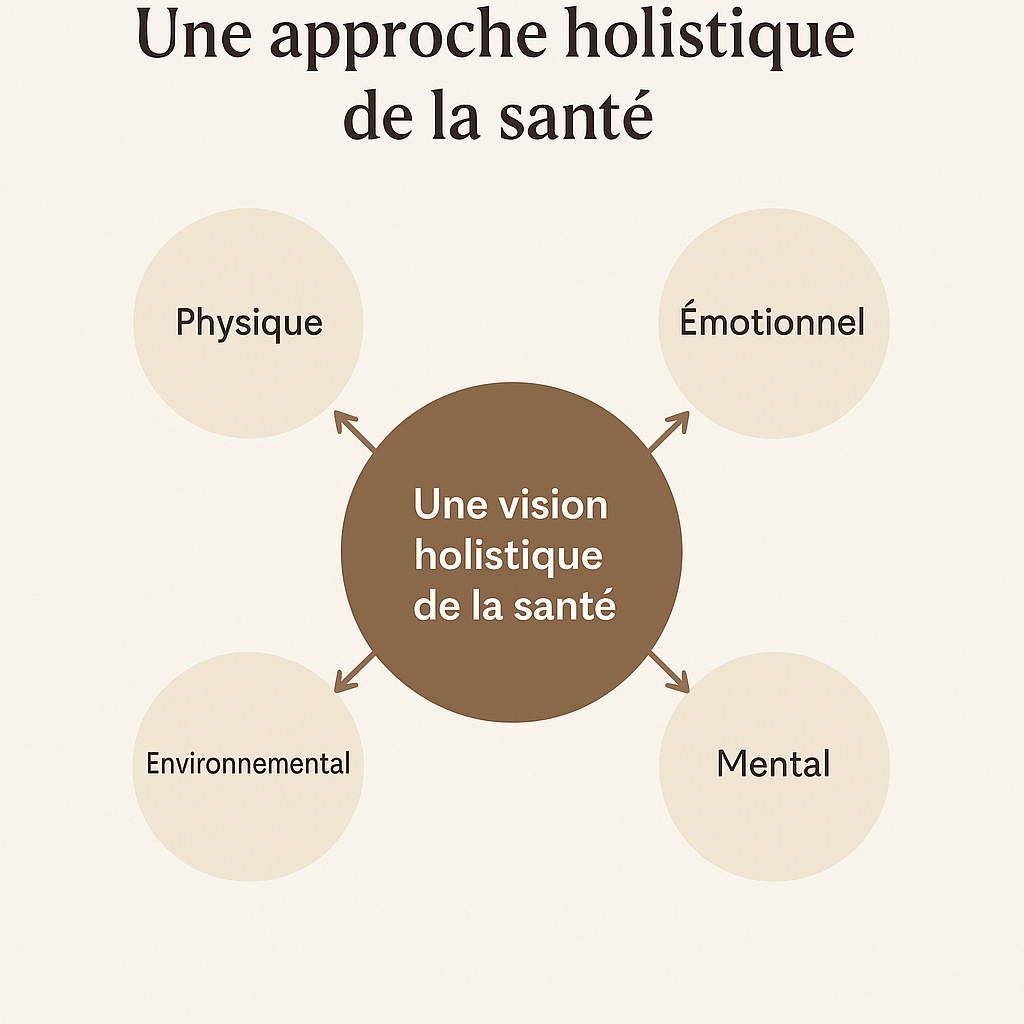
"Grâce aux conseils de Thierry, j'ai pu retrouver un équilibre alimentaire et une énergie que je n'avais pas ressentie depuis des années. Son approche est à la fois professionnelle et bienveillante."
"J'apprécie particulièrement la façon dont Thierry explique les choses simplement, sans jargon inutile. Il m'a aidé à comprendre les mécanismes de mon corps et à prendre en main ma santé de façon naturelle."
"Après des années de problèmes digestifs, les conseils de Thierry m'ont permis de retrouver un confort intestinal. J'apprécie sa rigueur et son honnêteté quant aux limites de la naturopathie."
Oser parler de sexe après 60 ans est un immense défi pour beaucoup. On vous explique pourquoi — et surtout, comment y remédier.

Et si consommer des fleurs de CBD pouvait être bien plus qu’un simple moment de détente ? Et si c’était, en réalité, un véritable choix de société ?

Et si le plus grand secret des couples qui durent n'était pas l'amour éternel, mais une conversation courageuse ?
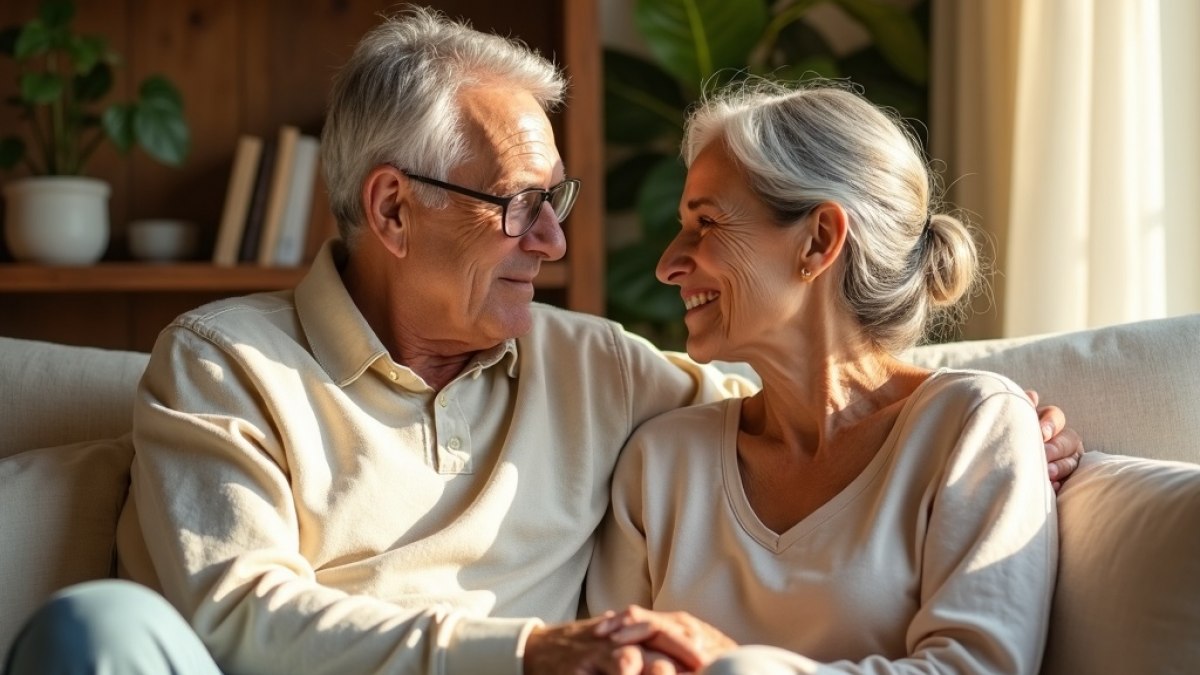
Smile Porto s’impose aujourd’hui comme l’une des références du tourisme dentaire au Portugal, grâce à une promesse simple
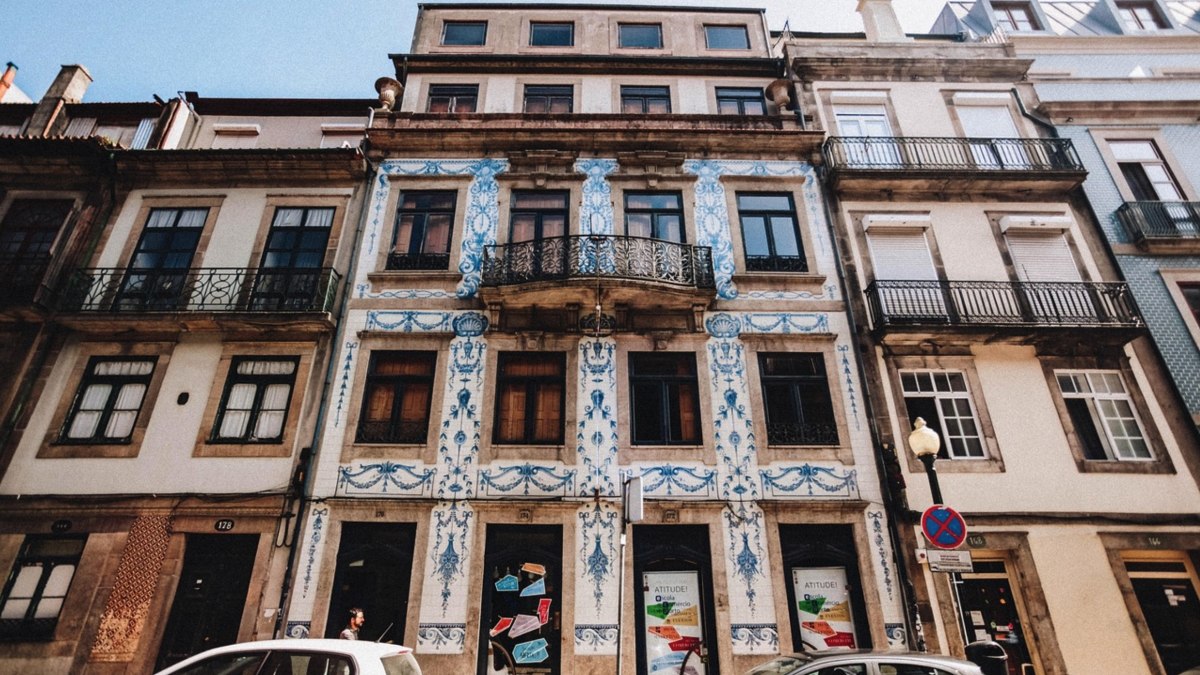
Ne pas choisir la bonne assurance pour son animal peut avoir des conséquences catastrophiques. La bonne ? Celle qui coche ces 6 critères.

On entend de plus en plus parler du métier de psychopraticien. Mais pour beaucoup, il reste encore mystérieux. Surtout, il est victime de nombreuses idées reçues. La plus tenace ? Qu’il serait un "sous-métier" pour "ratés de la psychologie". Cette idée est non seulement fausse, mais elle occulte une réalité : celle d’un métier essentiel à l’écoute et à l’accompagnement des souffrances psychologiques. On t’explique pourquoi.
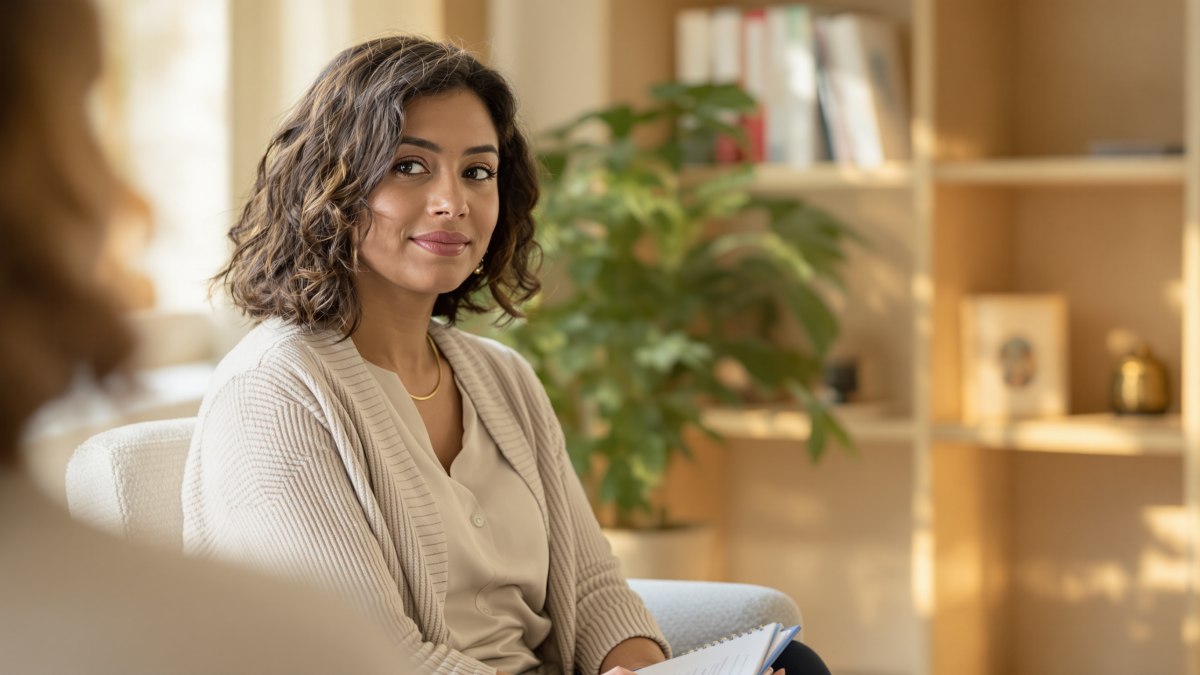
Entre "psychologue de seconde zone" et "auditeur de plaintes", le métier de psychopraticien est l’un des plus mal compris — et des plus sous-estimés. Pourtant, il est sans doute l’un des plus exigeants qui soient.

Et si on vous disait qu’on a trouvé meilleur que le roux ?

Et si l’ablation du sein n’était pas toujours ce que l’on croit ?
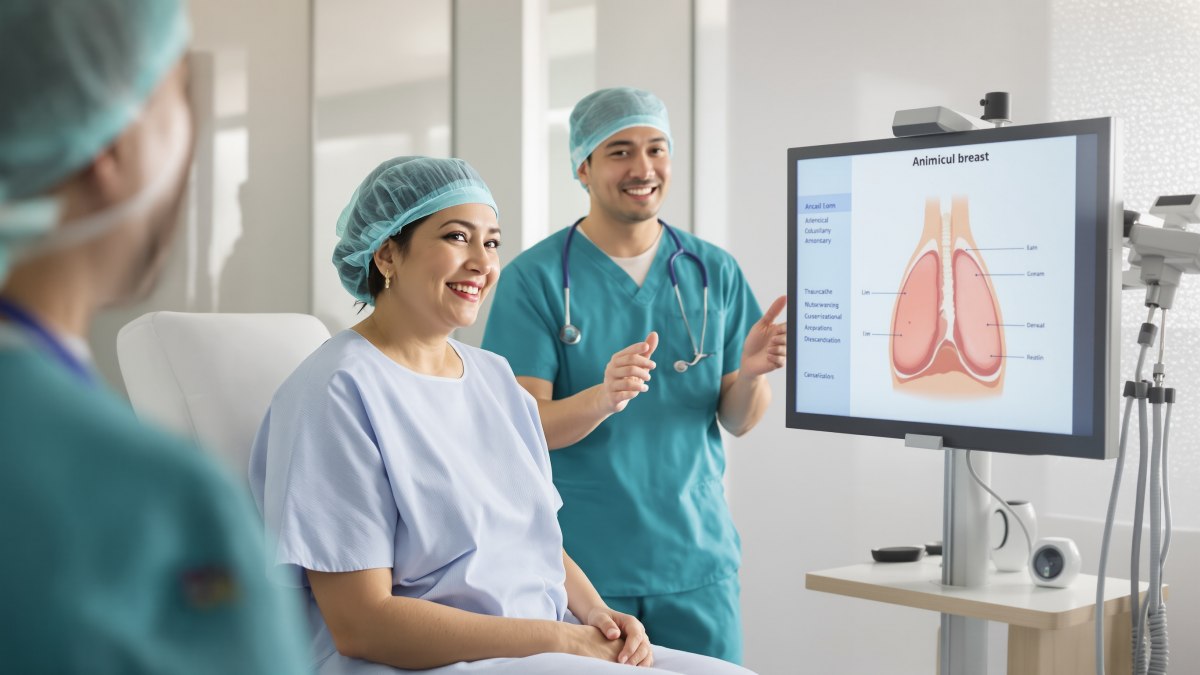
En 2025, les appareils anti-rides à domicile ont littéralement révolutionné le soin du visage. Pour qui sait les choisir et les utiliser, ils permettent de repulper, raffermir et illuminer la peau avec une efficacité inédite. Mais encore faut-il s’y retrouver parmi les technologies, marques et modèles. On vous a préparé le guide le plus complet pour choisir le vôtre — et vous redonner plusieurs années.

On vous a compilé les meilleurs jeux pour vous détendre en quelques minutes. Et ils vont littéralement vous changer la vie.

Cette huile de massage (vraiment) naturelle, bio et made in France est un bijou pour la peau. Mais attention aux imitations.

Cette vieille astuce consiste à appliquer du dentifrice sur un bouton pour l’assécher rapidement. Mais est-ce vraiment efficace ? Spoiler : non. On vous explique pourquoi — et surtout, on vous dévoile les alternatives naturelles qui marchent vraiment.

Ce que tu t'apprêtes à lire est sans doute la chose la plus importante que j'ai écrite jusqu'ici. Et il se pourrait qu'elle change ta vie.

L’absence de désir dans le couple est un fléau. Pour autant, c’est loin d’être une fatalité.

On a trouvé bien mieux que le jus de pomme contre la constipation. Et on t’explique comment l’utiliser.
